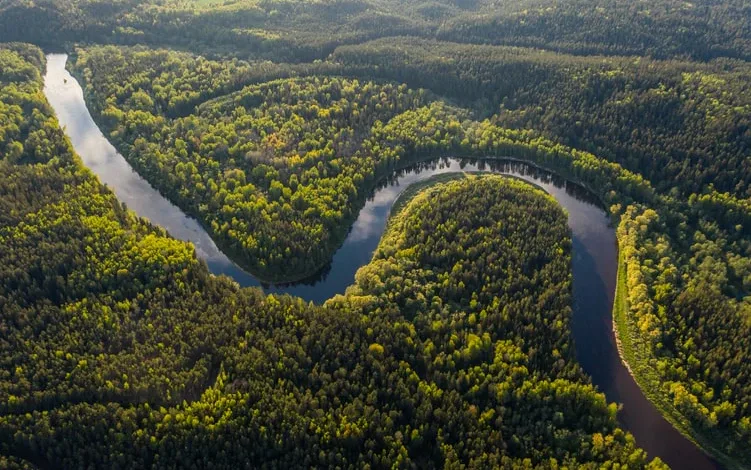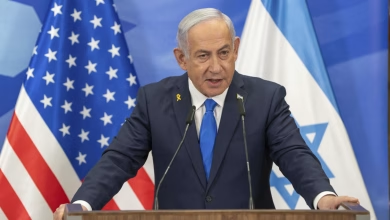UN COP16 Biodiversity Summit Begins in Colombia with Focus on Funding

- COP16 delegates face a 2030 goal to protect 30% of land and sea areas.
- Jane Goodall warns there's little time to reverse environmental decline.
- Over 1 million species are threatened with extinction, says the IUCN.
- Colombian Environment Minister calls for valuing nature as essential to life.
The world’s largest nature protection conference began in Colombia on Monday, with United Nations Secretary-General Antonio Guterres calling for countries to move beyond promises and take action to address biodiversity loss. Guterres highlighted the need for “significant investment” in the Global Biodiversity Framework Fund (GBFF), established last year, to help nations combat environmental degradation. He urged both public and private sectors to contribute, stressing that those profiting from nature should play a role in its restoration and protection.
The GBFF, created to support the Kunming-Montreal Global Biodiversity Framework (GBF) adopted in 2022, has received about $250 million in commitments so far. The framework outlines 23 targets aimed at halting and reversing biodiversity loss by 2030. In addition to the GBFF, a broader agreement from 2022 requires countries to mobilize at least $200 billion annually by 2030, with $20 billion per year from wealthier nations to assist developing countries by 2025.
Guterres warned of the severe consequences of failing to protect biodiversity, noting that the destruction of natural ecosystems fuels poverty, hunger, disease, and conflict. He emphasized that a collapse in essential ecological services like pollination and clean water would have devastating economic impacts, particularly for the poorest populations, costing the global economy trillions of dollars annually.
About 12,000 delegates from nearly 200 countries, including 140 government ministers and several heads of state, are gathering in Colombia for the 16th Conference of the Parties (COP16) to the UN Convention on Biological Diversity (CBD). Themed “Peace with Nature,” the conference, running until November 1, will focus on establishing mechanisms to monitor and fund efforts to meet the 23 UN biodiversity targets.
However, the event is overshadowed by threats from Colombia’s EMC rebel group, a splinter faction of the FARC guerrilla army, which warned foreign delegations to stay away, predicting the conference’s failure. The warning followed a military raid targeting EMC fighters in the Cauca region, where the group is involved in illegal mining and drug trafficking. The rebels have been in peace talks with the government, but tensions remain high.
Despite security concerns, Colombian President Gustavo Petro and Cali’s mayor Alejandro Eder have reassured attendees of their safety. Petro admitted feeling “nervous” about security, but Eder emphasized the strong measures in place, with over 10,000 police officers and additional armed forces deployed to secure Cali and its surroundings.
Delegates at COP16 face a daunting task with only five years remaining to achieve the target of protecting 30 percent of land and sea areas by 2030. British primatologist Jane Goodall issued a stark warning before the summit, emphasizing that time is running out to halt environmental decline. “The time for words and false promises is past if we want to save the planet,” Goodall said.
According to the International Union for Conservation of Nature (IUCN), over a quarter of assessed species, approximately one million, are threatened with extinction. Colombian Environment Minister Susana Muhamad, taking over the COP presidency, urged a shift in values, stating that “nature is not a resource; it is the fiber of life that makes our own existence possible.”
Colombia, one of the world’s most biodiverse countries, has made environmental protection a priority under President Gustavo Petro. However, the country continues to grapple with the legacy of six decades of armed conflict involving guerrillas, paramilitaries, and drug cartels, which complicates its conservation efforts.






